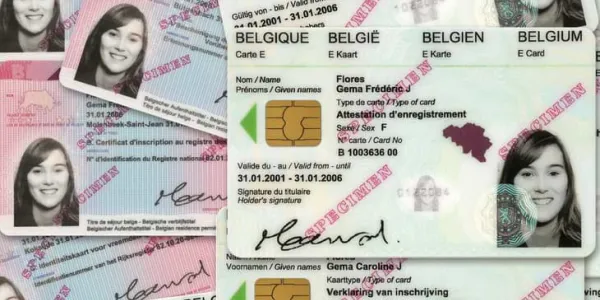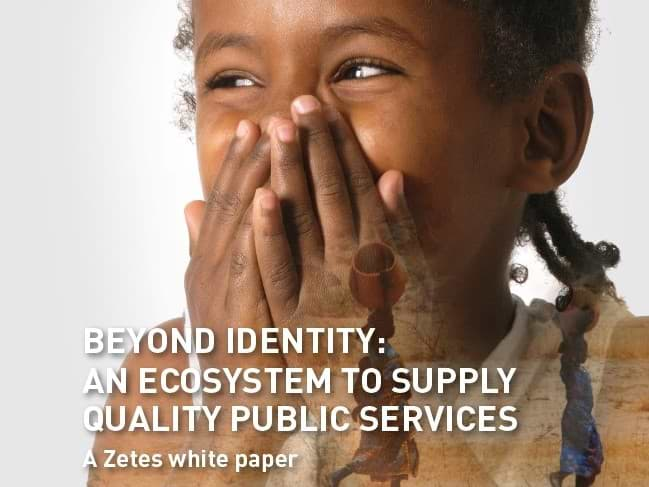When the National Register launched its modernization programme, it was the most ambitious and wide ranging eID project in the world for its time. No other country had attempted such a large scale implementation to make the eID a mandatory document for all the Kingdom’s citizens over 12. Since then, use of the eID has been extended to include foreign residents in Belgium, children under 12 and a number of additional public and private applications. The eID has become an important tool for interaction between citizens and the authorities, to secure online transactions and facilitate e-business.
Finding a trusted partner capable of handling the high technical and security requirements
One of the biggest challenges of implementing the eID lay with the appointment of an appropriate partner capable of managing every stage required. Until then, production of paper based identity documents was handled separately, by specialist security printers. When identity documents became electronic, a requirement to find an integrator capable of handling all the technical aspects arose. The production of identity cards for citizens also requires a high degree of security for the management of sensitive citizen data. In Zetes, the Belgian authorities found a company capable of both implementing and managing the highly secure production and personalization stages. These capabilities led to Zetes’ engagement to provide the polycarbonate cards, personalization services and secure transportation of sensitive documents to the municipalities with full traceability.
Several other suppliers were involved in the project. In order to guarantee high levels of communication and project co-ordination between these partners, Zetes was also appointed to manage the entire project, from the initial citizen request for an eID, to the final distribution of cards.








